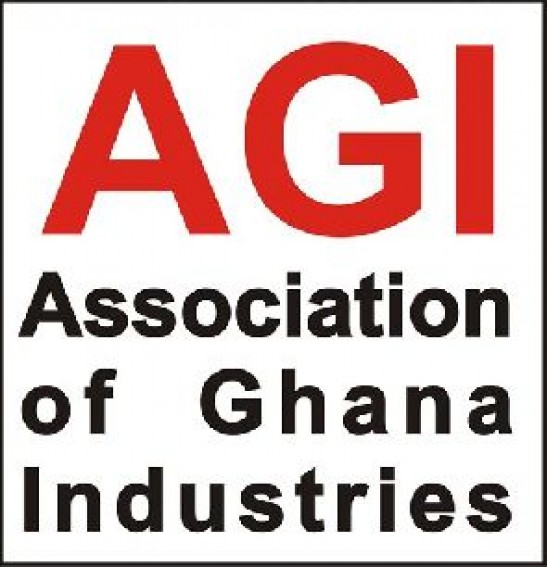The Association of Ghana Industries (AGI) has said the influx of imports remain a major risk to job creation and economic development.
Its Second Quarter Barometer report indicates that the import-oriented nature of the economy – coupled with a weakened local currency, fluctuating exchange rate, high taxes and high utility tariffs – has resulted in local businesses struggling.
“Businesses came under intense pressure from cedi depreciation in Q2,” said Chief Executive Officer (CEO) of the AGI, Twum Akwaboah.
Contrary to quarter one the cedi yielded to pressure from the world’s major trading currencies, thereby impacting the cost of doing business. The AGI urged government to quickly institute corrective measures to prevent further erosion of the gains made in quarter one.
In spite of these challenges, however, business confidence as measured by the AGI’s barometer rose from 100.5 in Q1 to 104.8 in Q2, with the AGI explaining that “the reduction in electricity tariffs has given industry some relief…”
Electricity tariffs reduction
The Q2 report indicated that for the first time in eight years, the high cost of electricity dropped from first to third position among the top-five challenges facing businesses – which comes as a result of the 25% to 30% reduction in electricity tariffs, a major driver for economic growth. But the AGI is optimistic that further reductions will open new prospects for businesses and competitiveness of industry.
Liquidation of local banks
The AGI said it “regrets” the collapse of the seven local banks – although it adds that even though this development may undermine the integrity of local banks, there are other local banks which measure up to expectations and must be encouraged to keep to standards.
The new straight levy regime
“The AGI notes with serious concern that this levy regime as introduced in the mid-year budget review – whereby manufacturers can only claim 12.5percent VAT, leaving 5% as cost burden passed on to consumers – makes manufacturers less competitive. We would appreciate a tax regime that is more transparent and predictable.”
AGI president Dr. Yaw Adu Gyamfi said: “AGI is requesting a one-month grace period to allow businesses align their systems or books to the new straight levy/ VAT regime”.
He further expressed appreciation for the collaboration between government and the private sector, adding that he expects a further deepening of the relationship to ensure government policies lead to a favourable business environment.
The AGI also urged government to speed up reforms in the energy sector to ensure stability, while reiterating its appeal that businesses should not be made to subsidise residential consumers.
Source: thebftonline.com
